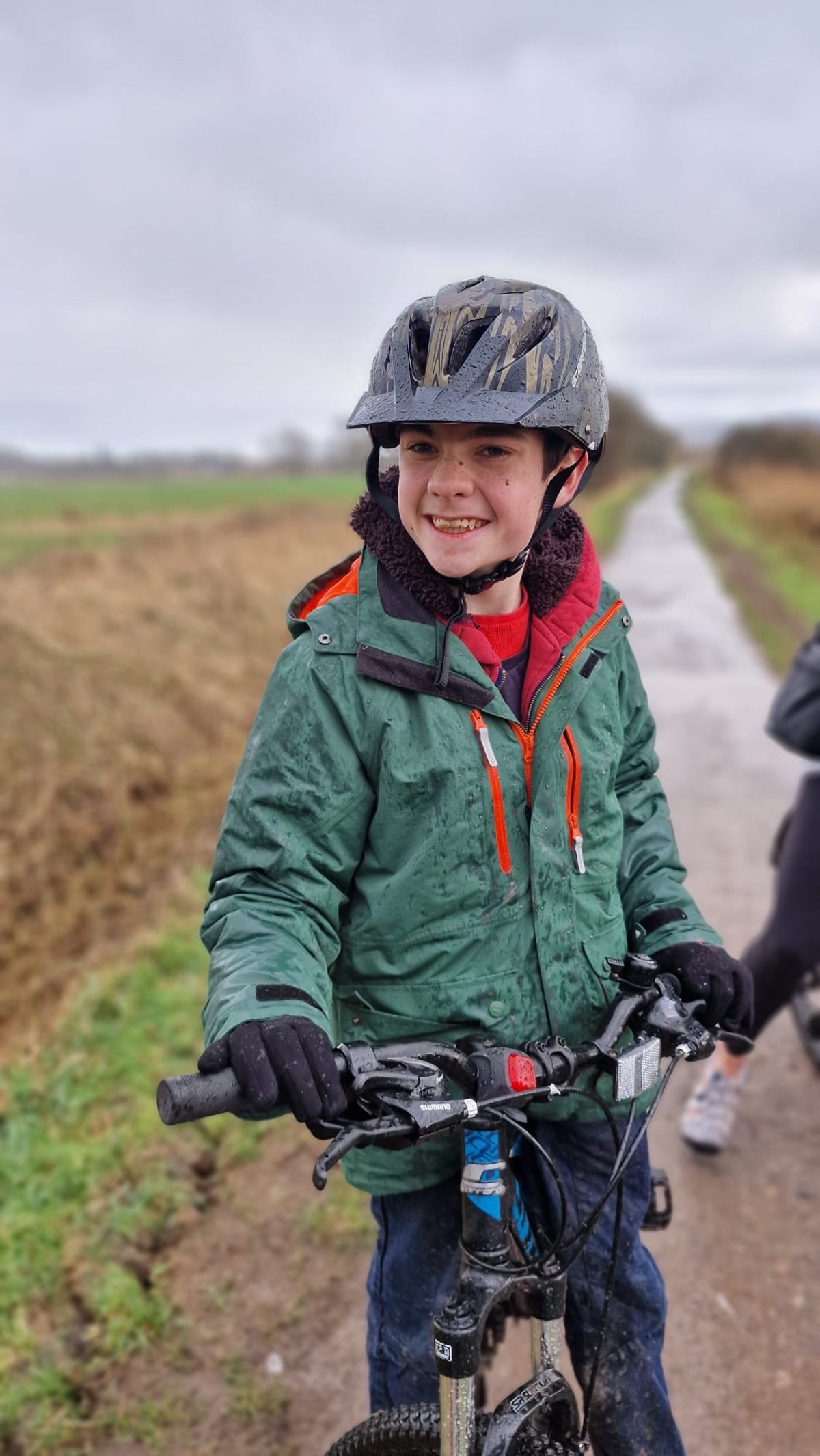
A teenage boy with epilepsy who has become the first child in the UK to have a device fitted into his brain has seen a huge reduction in life-threatening seizures.
Oran Knowlson, now 13, had a neurostimulator fitted into his brain last October and has since had an 80 per cent reduction in the number of seizures he has each day.
The device is mounted onto his skull and attached to electrodes that are inserted deep inside his brain in the first UK trial of its kind.
Prior to the surgery, Oran had been experiencing seizures every day since his third birthday which often led to him needing life-saving resuscitation. As a result, he needs around-the-clock care and is at increased risk of sudden unexpected death.
Have you been affected by this? Email rebecca.thomas@independent.co.uk
Oran’s mother Justine said: “Before the seizures began Oran was hitting all his milestones but as seizures became more severe, we lost more and more of Oran. From being a happy, energetic three-year-old, he struggled to engage in the world due to his medication and seizures – but he has still got his sense of humour.
“We’ve tried everything, but this is the first real shot we’ve been given in years, there has been no ‘what next’ until now. Unless somebody takes the first step on a trial like this, there is never going to be a better and there has to be a better for our family.”
Eight months on from having the device fitted his seizures have dramatically reduced in their frequency and severity.
Ms Knowlson said her son is now “a lot more chatty, he’s more engaged.”
“He’s turned 13 and I definitely now have a teenager - he’s happy to tell me no,” he continued. “But that adds to his quality of life, when he can express himself better.
The research pilot, called the Children’s Adaptive Deep brain stimulation for Epilepsy Trial, will now look to recruit three more patients for the trial and will have 22 patients in total.
Martin Tisdall, Consultant Paediatric Neurosurgeon at GOSH and Honorary Associate Professor at UCL, said: “Every single day we see the life-threatening and life-limiting impacts of uncontrollable epilepsy. It can make school, hobbies or even just watching a favourite TV show utterly impossible.”
“Deep brain stimulation brings us closer than ever before to stopping epileptic seizures for patients who have very limited effective treatment options. We are excited to build the evidence base to demonstrate the ability of deep brain stimulation to treat paediatric epilepsy and hope in years to come it will be a standard treatment we can offer.”





.jpg?w=600)

